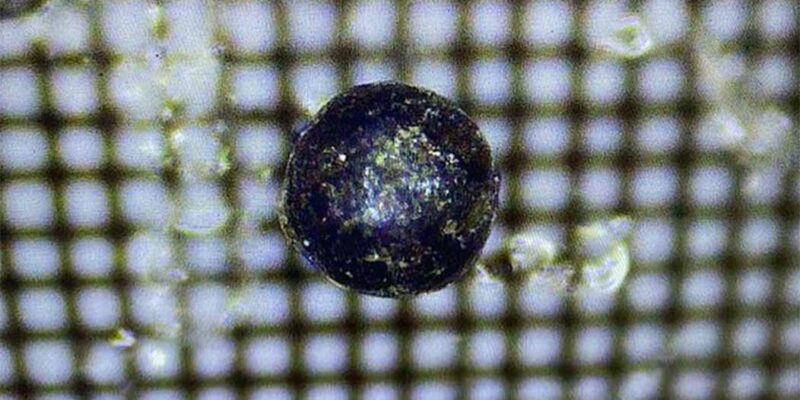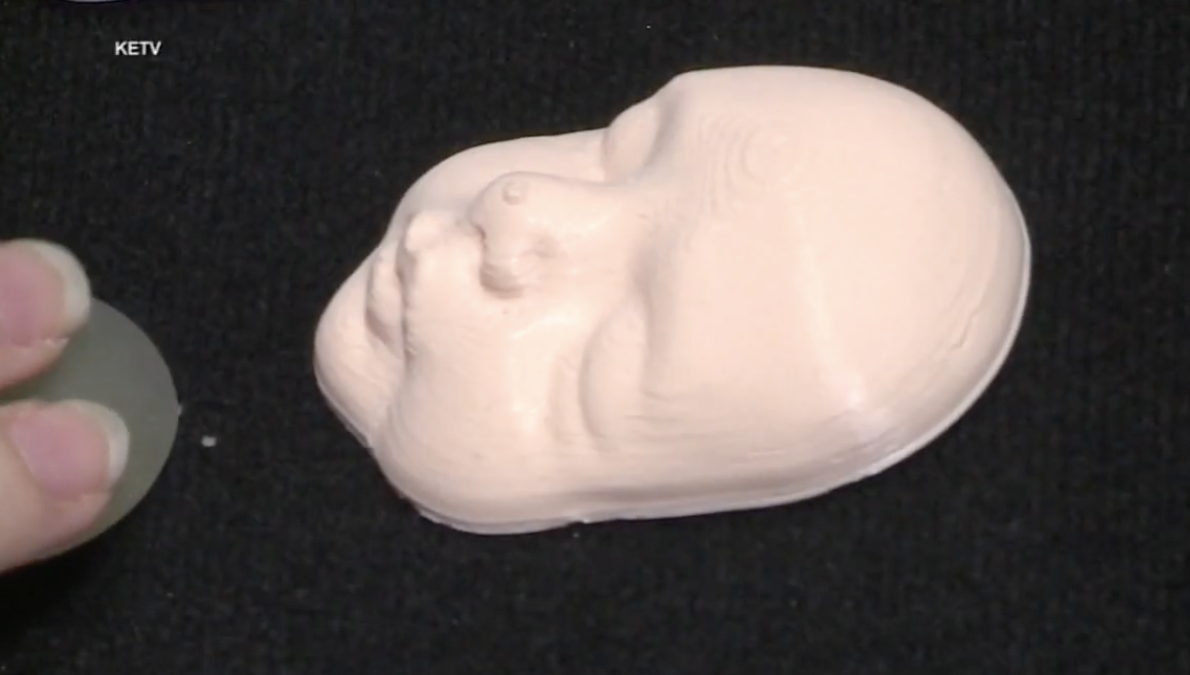
A Harvard professor is claiming to have found something out of this world, or to be more accurate, out of this galaxy. Physics Professor Avi Loeb, an avid “alien hunter,” claims that he has discovered a piece of metal from a craft created by extraterrestrials.
The search all began when a strange meteorite crashed in the Pacific.
Led by Loeb, the team of scientists and researchers hired EYOS Expeditions and embarked in June aboard a boat called the Silver Star bound for Papa New Guinea, writes USA Today.
It was north of the country where for two weeks the crew, financed with $1.5 million from entrepreneur Charles Hoskinson, sought to retrieve any remnants they could find of an unusual meteorite they named IM1 that had crashed into Earth’s atmosphere in 2014.
Data from the meteor recorded by U.S. government sensors went unnoticed for five years until Loeb and Amir Siraj, then an undergraduate student at Harvard, found it in 2019 and published their findings. It wasn’t for another three years, however, that the U.S. Space Command announced in a letter in to NASA in March 2022 that the object came from another solar system.
The revelation was vindication for Loeb, co-founder of the Galileo Project, a research program at the Harvard-Smithsonian Center for Astrophysics dedicated to the scientific search for alien technology. Seven months later, he and his team were 53 miles off the coast of Manus Island combing more than 100 miles of ocean floor with a sled carrying magnets attached to a winch on the deck of the ship.
As fortune would have it, continues the newspaper, the team “found what they were looking for: more than 700 submillimeter-size spherules through 26 runs with the sled that are so minuscule that they can been seen only with a microscope.”
Loeb “claims that the tiny metallic spheres have a composition of ‘never seen before’ elements that do not match any natural or man-made alloys.
He even says the material could be proof that a meteorite which splashed down off the coast of Papua New Guinea in 2014 was actually an alien spacecraft,” explains The Daily Mail.
Loeb says that the spheres they found are completely new, never seen on Earth. Cosmos reported that “their most unusual feature is that they were extremely rich in three elements – beryllium, lanthanum, and uranium – enough so Stein Jacobsen – Loeb’s collaborator who did the analysis – dubbed them BeLaU spherules.
The lanthanum and uranium are 500 times more plentiful than in earthly rocks, indicative of a source very unlike anything in our solar system. But the beryllium, also hundreds of times more plentiful than on Earth, is even more important.
That’s because beryllium, the second-lightest solid material on the periodic table, is produced by a process called spallation, where it is chipped out from the nuclei of heavier elements by the impact of high-energy cosmic rays. “That is a flag of interstellar travel,” Loeb says, because it can’t occur at such a high level in the Solar System, where the solar wind protects us from the bulk of the radiation that causes it.
Even the iron in these spherules is unusual, with isotope ratios unlike anything we know in the Solar System. ‘It clearly came from outside,’ Loeb says.”
Loeb welcomes input from scientists and critics and issued an invitation to study the spherules from other laboratories, according to Vice. “His team also plans to move forward with more precise studies of the spherules’ isotopes, which are subtle variations of elements, as this approach might yield clearer insights about their parent source. “
The Harvard professor said he’s not done with the hunt, either. He plans to go back to Pacific in hopes of finding even bigger pieces from the “craft.”










Bring more to the surface, map the area
Make public